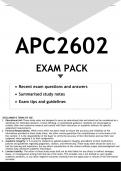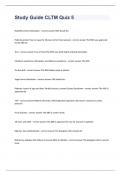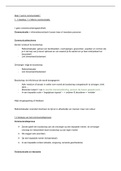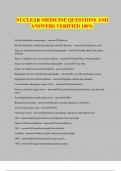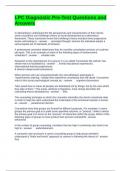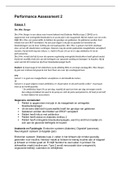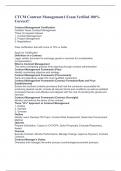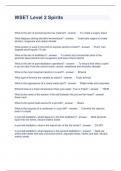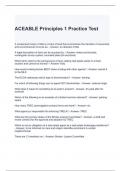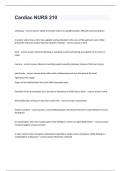Exam (elaborations)
APC2602 EXAM PACK 2023 - DISTINCTION GUARANTEED
- Course
- (APC2602)
- Institution
- University Of South Africa (Unisa)
Well-structured APC2602 EXAM PREPARATION PACK - DISTINCTION GUARANTEED. Contains recent exam questions and answers, and Summarised study notes. All you need to pass the OCTOBER NOVEMBER 2023 EXAMS
[Show more]
